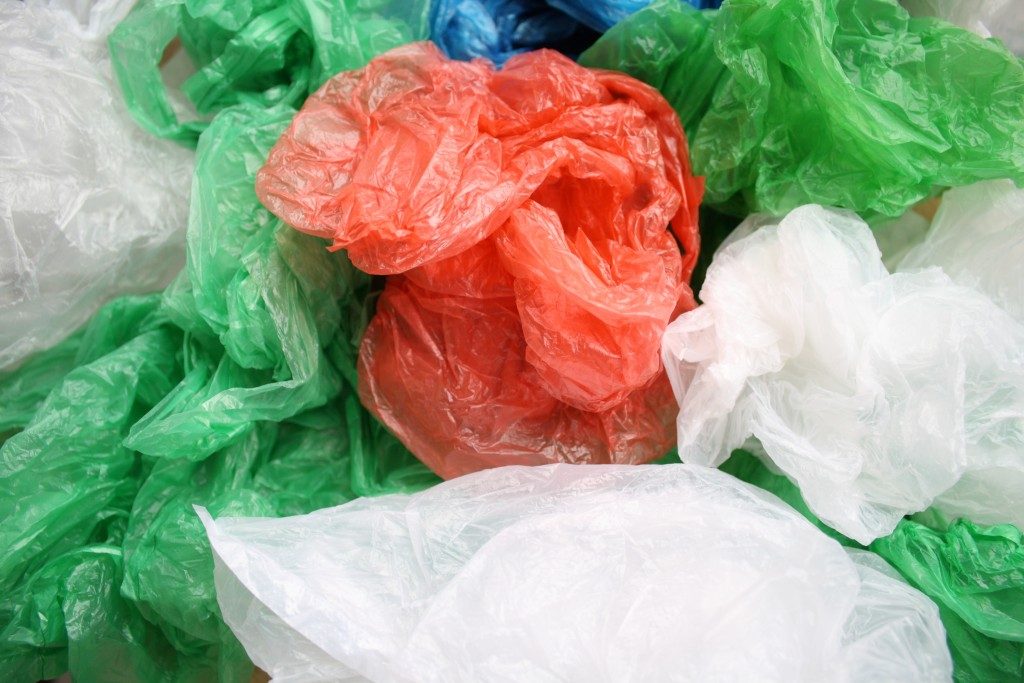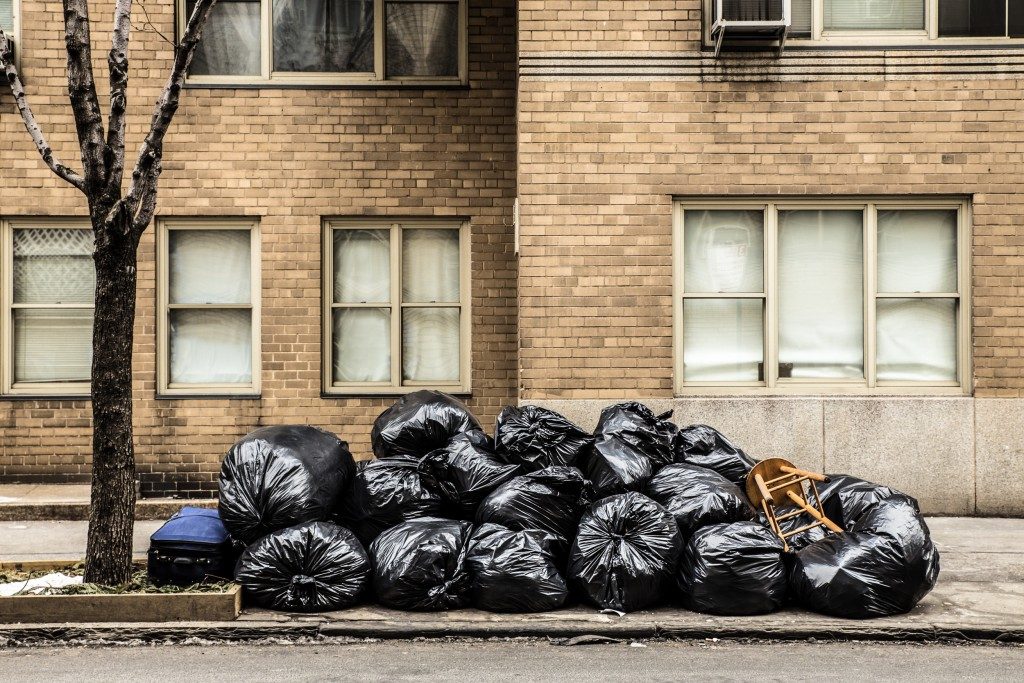We’ve been told time and again to reduce, reuse, refuse, and recycle trash. For the most part, we do our best. However, those efforts only work when we recognize trash for what it is: something that does not serve its purpose anymore. You may be holding on to several things around the house, but just because they aren’t getting into the bin doesn’t mean they are not trash.
Here are some of the trash that you should pay attention to so that you can make the appropriate call for disposal:
Broken Appliances
That old microwave, TV set, or heater has served its purpose, but it’s still sitting there because you can’t quite part with it yet. There’s no particular reason. You just don’t feel like going through the proper disposal channels. You store them in your garage, call for water heater replacement or buy a new TV set, and that’s that.
But, you didn’t reduce waste. You didn’t reuse them either, and you certainly did not refuse or recycle. You simply held on to broken items and thought, “out of sight, out of mind.” Parts of these appliances could be sold to junkyards in Park City, Utah, and earn you some money, or they can be taken apart and upcycled to be a decorative part of the house. If they must stay, at least give them a purpose.
Uneaten Food
They haven’t gone bad yet, so you don’t consider them trash. It’s only a matter of time before fruits, vegetables, meat, and dairy lose their freshness, however. It’s understandable that you want to have a supply of produce for times when you get hungry and need to prepare a quick snack for unexpected guests.
Overstocking is wasteful, though. It’s a problem that should be addressed, especially because in other parts of the world, there is food insecurity that is leading to starvation and malnutrition. The food you buy but don’t consume could have been appropriated somewhere else. Next time you decide to go grocery shopping, think about how much you consume, and only buy what you need. You may not need two dozen eggs if half of them remain unused. You’re saving money and preventing food wastage by buying only what you need.
Plastic Packaging

Still while grocery shopping, you go through several products and choose what you purchase without realizing that you’re already accumulating trash in the process. Those fruits that came with the unnecessary plastic packaging, the styrofoam used to protect produce, and even the prepackaged meat that is handed to you in yet another layer of plastic.
Trash is not just something you generate when you’re home or after you have used up an item. It could also be part of your purchase, which doesn’t make sense when you’re buying items that already have a protective layer keeping them safe. They don’t need the plastic, and if a lot of customers spoke up about the unnecessary trash that goes with their purchase, groceries can demand that their suppliers switch to more eco-friendly packaging. If you must bring your own containers just to avoid plastics, so be it.
It’s one thing to segregate trash and compost, but it’s another to prevent generating excessive trash in the first place. Learn to recognize trash so that you can stop yourself from accumulating them.

